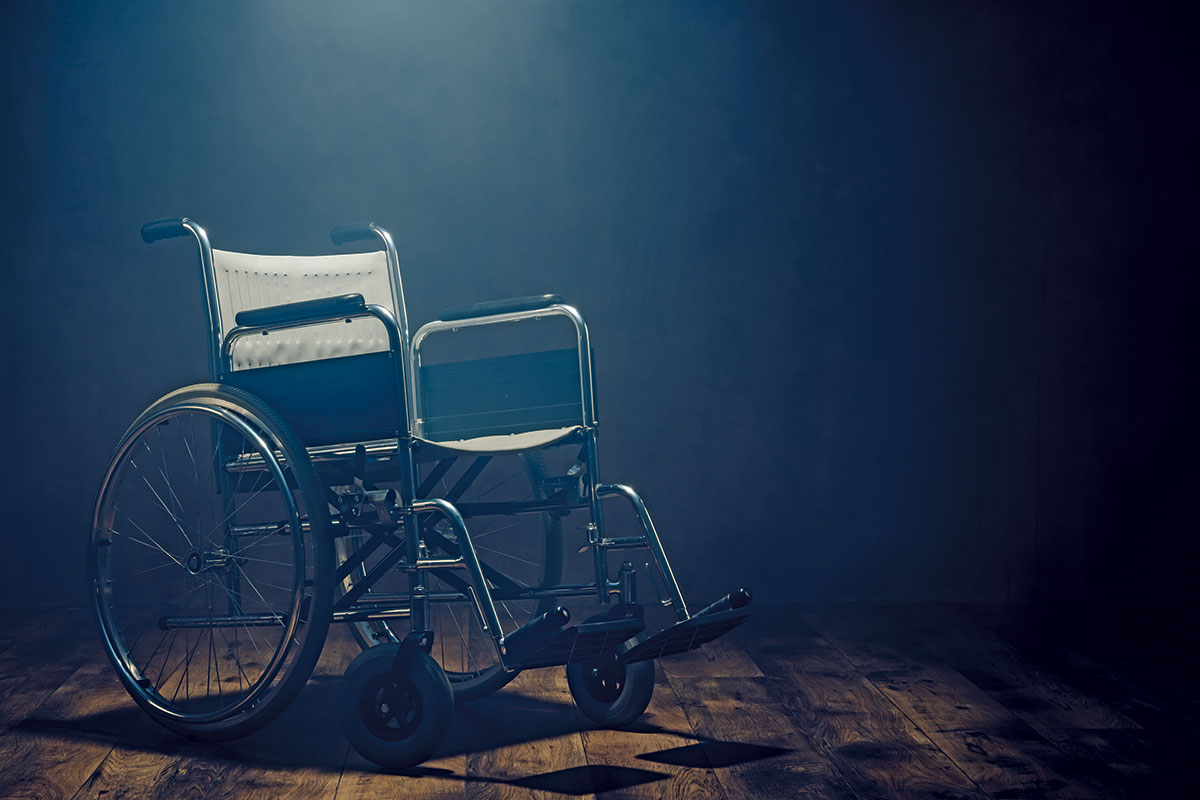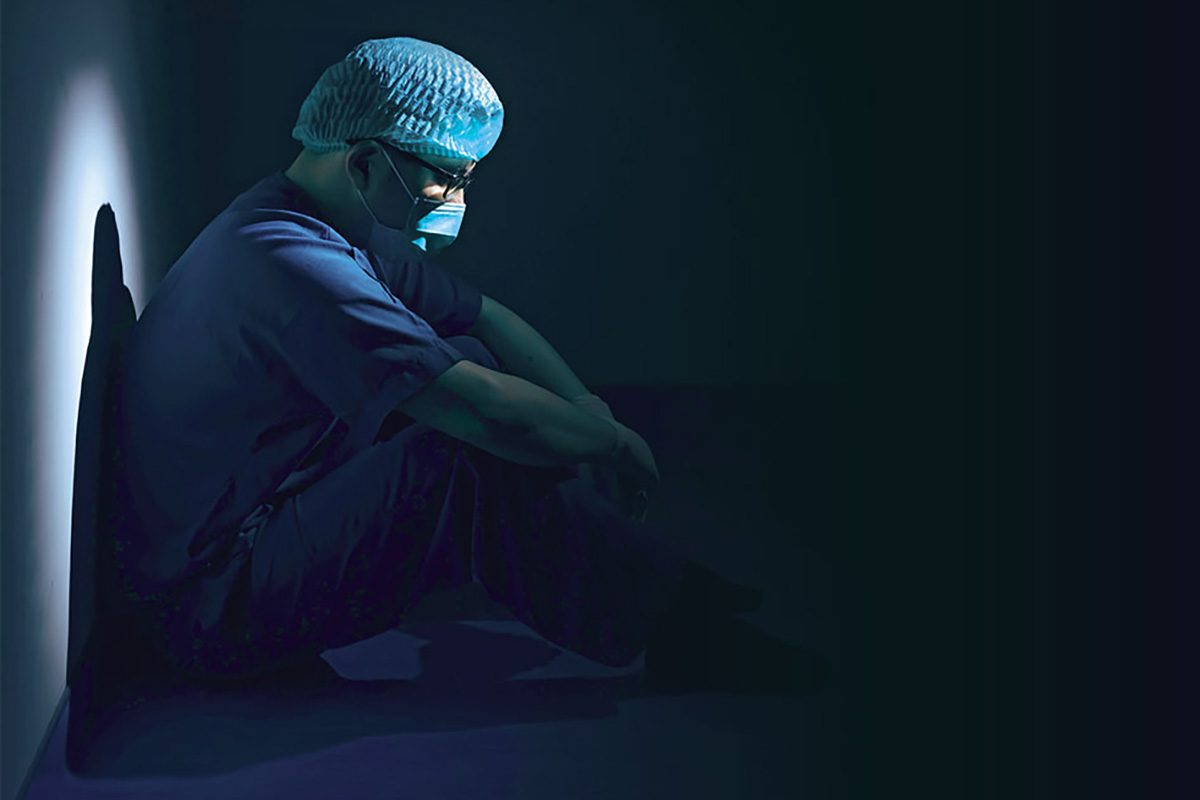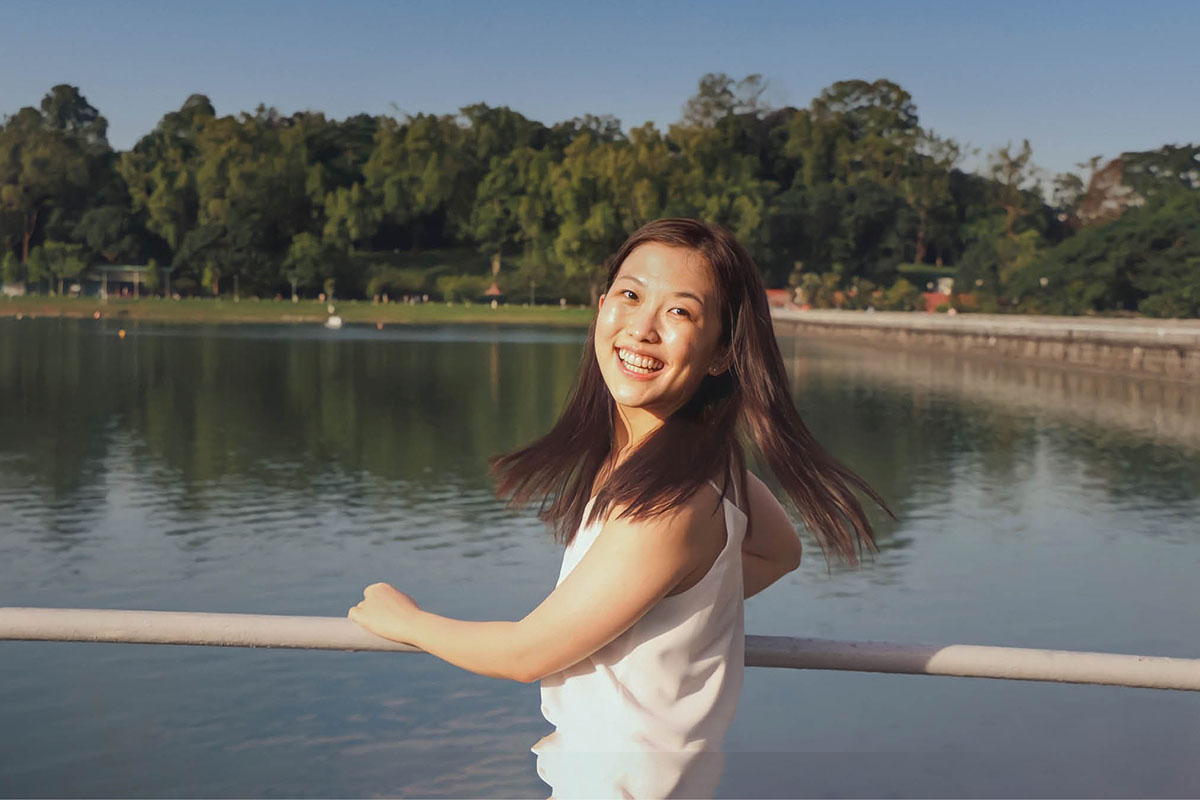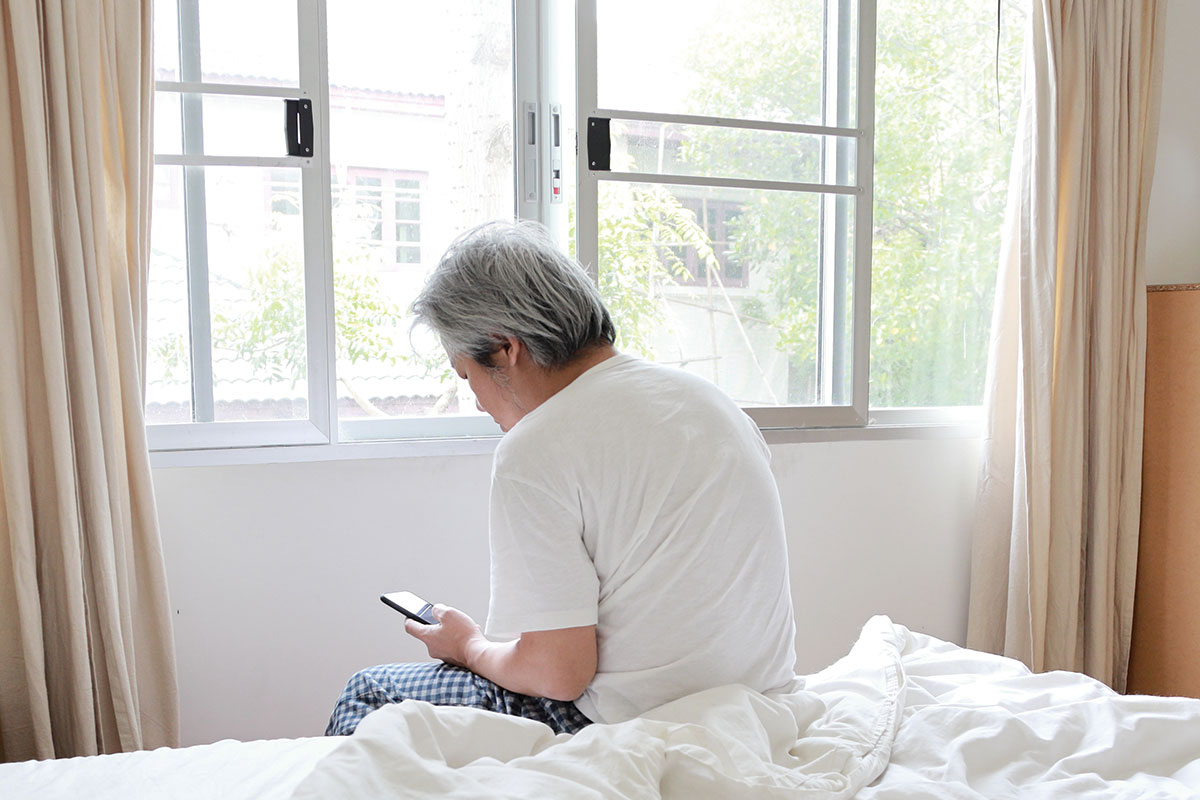
Issue 40 / November 2021
Insights
The Night Side of Life

ecently, a colleague was hospitalised for breathlessness, a quite unexpected development for someone who runs 80km a week and used to high-altitude trekking. He messaged me to apologise that he would not be at work for a while, then followed with a reassuring “Not cancer…so I don’t need you yet”.
When he was back home recuperating, we exchanged messages and he shared that among the many changes forced on him, aside from unpleasant breathlessness was the unwelcome reality that he had become… a patient.
The irony of it. We, healthcare workers, who every day see people whose lives are upended by a devastating diagnosis. Somehow we convince ourselves we can carry on like this, always, that it will not happen to us. And even if it did, our work experience will stand us in good stead. And while we like to think we know what the journey entails—and why not, it is our bread and butter, our daily work—the truth is, we will probably never know what it is really like for our patients and families. Until it happens to us.
Dr Christopher Cheng, CEO of Sengkang General Hospital and and clinical associate professor at NUS Medicine, in the prologue of his book (I Thought I Knew: A Professor Turned Patient) wrote: “I have been a doctor for more than 37 years, and a urologist focused on prostate cancer since completing my fellowship at the Mayo Clinic in 1991… You will forgive me for saying, I thought I knew. That was until I became a patient myself, lying on a cold operating table on Saturday morning in December 2017.
“Illness is the night side of life, a more onerous citizenship. Everyone who is born holds dual citizenship, in the kingdom of the well and in the kingdom of the sick. Although we all prefer to use the good passport, sooner or later each of us is obliged, at least for a spell, to identify ourselves as citizens of that other place.”
… At the end, you may say—this guy still doesn’t really know. But having tasted my own medicine, I think I now know a little more about what it means to be told you have cancer, how it feels to be really sick and helpless, and finally what it means to be truly alive after going through hell. It is my hope that everyone who reads this story will understand the fragility of life, the importance of not taking it for granted, and not wasting the second chance. Through sharing my experience, I hope you will come to this realisation without having to go through being diagnosed with cancer yourself.”
Having listened to patients and families’ stories, I am reminded of Susan Sontag’s analogy (from Illness as Metaphor): “Illness is the night side of life, a more onerous citizenship. Everyone who is born holds dual citizenship, in the kingdom of the well and in the kingdom of the sick. Although we all prefer to use the good passport, sooner or later each of us is obliged, at least for a spell, to identify ourselves as citizens of that other place.”
But for the patients I see, they are stuck in that foreign land: their illness is not going away, they will not get better, in fact they are going to die from it. For a few, the change of status from vague symptoms to a diagnosis of cancer, to incurable cancer, to terminal disease, happens so quickly—a matter of weeks in some cases—that they are still grappling with the rapid turn of events, and have not had the time nor space to process everything that has happened.

When reality does sink in, that this is how it is going to be, it will never be like it was, people respond in a variety of ways, but primarily, we grieve. It might sound strange but it is completely normal—grief is a response to loss, and what is happening here is the loss of one’s health, identity and social role (as the caregiver, breadwinner etc.), loss of dreams and the future… and one must go through this valley of darkness, to mourn and grieve, before moving on to a different future, to transformation and even growth.
Much of this tends to go unnoticed by the average healthcare professional. It is not that we are unkind but there does seem to be this blind spot where psychosocial and spiritual distress is concerned. Or perhaps we are too busy, or uncomfortable with venturing beyond the “measurables” like blood pressure, temperature or pain scores.
“We teach healthcare students how the body works, how it can break down, what can be done to ʻfixʼ it, but hardly anything about the human experience of health and sickness, of living and dying.”
Our healthcare system is designed for treating diseases, not so much for looking after people. We teach healthcare students how the body works, how it can break down, what can be done to “fix” it, but hardly anything about the human experience of health and sickness, of living and dying. It is quite common for me to see patients with reams of information on their diseases, lists of problems, stacks of numbers and images, but precious little about the PERSON in the patient. Who they are, how they live, what they are thinking and feeling about all of this. Yet it is the person who suffers, sometimes silently and unsupported.
We live in an age of medical miracles, where artificial intelligence and technology are transforming medicine and healthcare faster than any time in history. But let us not forget that care is a partnership, not a commodity, and every patient is a person in need. We should not underestimate the power of kindness and compassion, the listening ear, the gentle touch, the quiet voice asking “how are you?” that connects and comforts like nothing else can.
And always remember, one day “they” will be “us”.
Continue reading And Navigating the Twilight Zone In Between.




